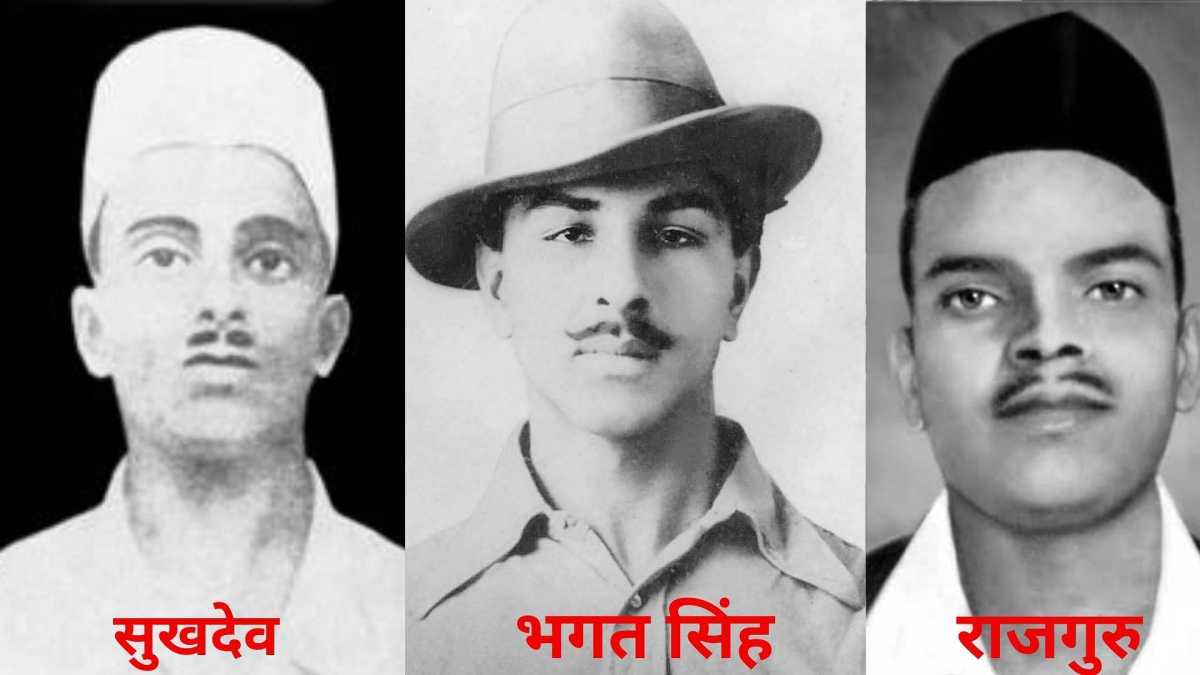Politics
Banaras Revolutionary Encourages Bhagat Singh Not to Marry on Shaheed Diwas

In a fascinating historical account, it has been revealed that the renowned Banaras revolutionary, Sachindra Nath Sanyal, had advised the legendary freedom fighter Bhagat Singh against marrying to devote himself entirely to the cause of serving the nation.
It was during their association with the Hindustan Republican Association (HRA) that Bhagat Singh and Sachindra Nath Sanyal met and began frequenting each other’s rendezvous. This connection commenced when Bhagat Singh joined the HRA in Kanpur in 1924.
As part of strengthening the organization in Banaras, Jaydev Kapoor was sent as a liaison, leading to Bhagat Singh and Sukhdev temporarily residing at the Limbdi Hostel of the Benaras Hindu University, facing pressure from his family to enter marital obligations, Bhagat Singh sought advice from Sachindra Nath Sanyal.
Sanyal’s response to Bhagat Singh emphasized that marriage, while a personal choice, could potentially distance an individual from sacrificing wholly for the cause of the nation due to the tight familial bonds that marriage entails.
The birth of Rajguru, originating from the Kheda village in Pune on August 24, 1908, marked an influential chapter in India’s freedom struggle. After completing his formal education, Rajguru arrived in Banaras to pursue Sanskrit studies, focusing on intense nationalism and revolutionary activities as advocated by Chandrashekhar Azad.
Sukhdev, born in Ludhiana on May 15, 1907, found a strong ally in Bhagat Singh during their days at the National College. This camaraderie led Sukhdev to engage actively in nationalistic activities under the Hindustan Republican Association, organizing meetings at various locations across Banaras.
Commemorated on March 23, 1931, Bhagat Singh, Sukhdev, and Rajguru faced the gallows at the hands of the British, marking a somber day in the annals of India’s fight for independence. While Bhagat Singh’s judicial custody followed his bomb-throwing incident at the National Assembly on April 8, 1929, Rajguru and Sukhdev were deeply immersed in other revolutionary undertakings.












